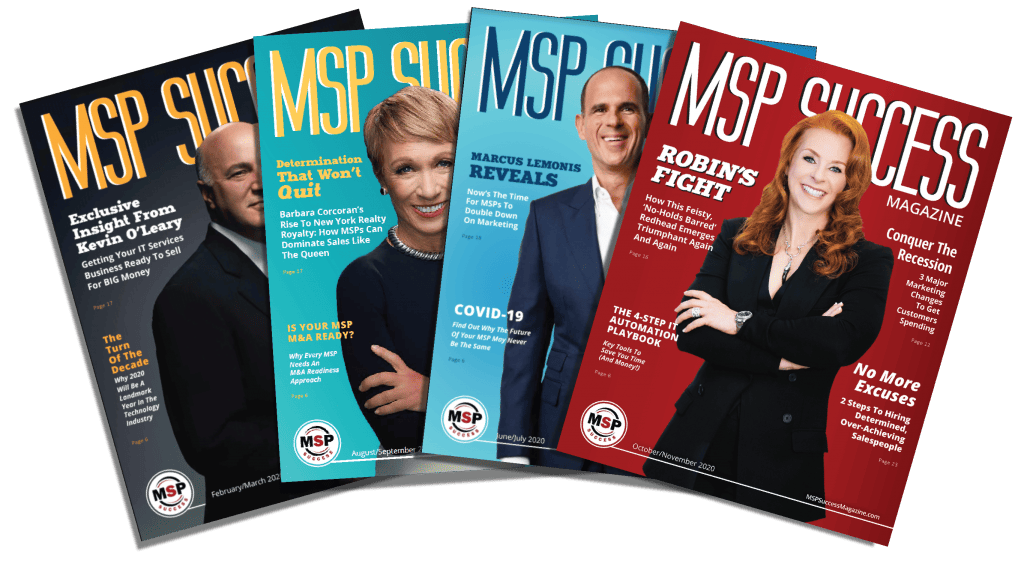In the world of negotiation, there are two fundamental rules that can help you overcome sales objections and significantly enhance your success rate:
- Treat every stated objection as a counteroffer in disguise—an implied agreement and a cry for help.
- The stated objection isn’t the real problem; it’s just a blockage for an underlying emotional issue.
Let’s explore these rules and see how they play out in real-life scenarios.
Every Stated Objection Is A Counteroffer In Disguise
In 2003, Dwight Watson held Washington, D.C., hostage for three days. He had driven a tractor onto the National Mall and claimed to be carrying four bombs. When negotiators tried to convince him to surrender, Watson cried out, “You’re not handcuffing me!”
You’re not handcuffing me.
Was Watson refusing to comply? Was he genuinely concerned about handcuffs? Or was there another reason why he responded like this?
Oftentimes when someone objects, it’s just a veiled request for an alternative solution. Behind any objection lies a delicate and guarded reason—a cry for help.
Watson’s reason was dignity.
Even while surrendering, Watson wanted to keep his dignity. Negotiators on the scene were smart. They didn’t take Watson’s words at face value. They understood that his biggest concern wasn’t the handcuffs—it was preserving his dignity.
“So it sounds like if we don’t handcuff you, you’ll come out?”
Watson surrendered.
By treating Watson’s refusal as a counteroffer in disguise, the negotiators were able to secure his surrender.
Objection is only bad if you judge it to be. Change your perspective.
The Stated Objection Isn’t The Real Problem
In Way of the Wolf, Jordan Belfort, also known as The Wolf of Wall Street, suggests that objections serve as smokescreens for underlying uncertainty.
In essence, objections reflect fear.
The stated objection represents the reasoning (IQ) section of the brain which safeguards the emotional (EQ) side. The IQ acts as a blocker, shielding the true CEO of the brain—our EQ, which encompasses our genuine concerns, passions, and driving forces.
Let’s examine a cold email scenario where a Black Swan Group student managed to uncover the real objection and move the conversation forward:
Potential Client: “I already use [current vendor/competitor] as my investment advisor. I appreciate your offer, but my goal is to reduce fees and expenses. I wouldn’t want to incur additional expenses in the form of advisor fees.”
Sales Rep: “Thanks for the note. It sounds like fees are your main concern. Are you saying [current vendor/competitor] charges lower fees than [potential vendor company]?”
Potential Client: “No, I’m saying I have an investment advisor whom I like and trust, and with whom I’ve been working with for over five years. I’m currently not looking for a replacement.”
Sales Rep: “I’m sorry. Thanks for clarifying. After reading your last email, it looks like trust is your main priority. I understand! I’m certainly not asking you to replace your advisor without knowing me at all. How would you feel about having a low-cost fiduciary like [potential vendor company] provide a no-obligation analysis for you?”
In this example, the potential client initially presented a stated objection regarding fees. The sales rep skillfully delved deeper into the conversation to reveal the client’s true objection—a matter of trust.
By labeling trust as the client’s main priority, the sales rep demonstrated understanding and then offered a free, no-obligation analysis as a means to build trust.
Your Two Rules For Success
The biggest obstacle in negotiations isn’t stated objections but the underlying emotions driving those objections.
Remember:
- Objections are simply untapped counteroffers.
- The stated objection is blocking for the real objection—which is emotional.
Label your counterpart’s responses and follow their threads of thought to eliminate uncertainty.
Your success is never hindered by someone else’s concerns but by how well you listen and understand. If you begin to approach negotiation in this manner, your success, and relationships, will grow.












